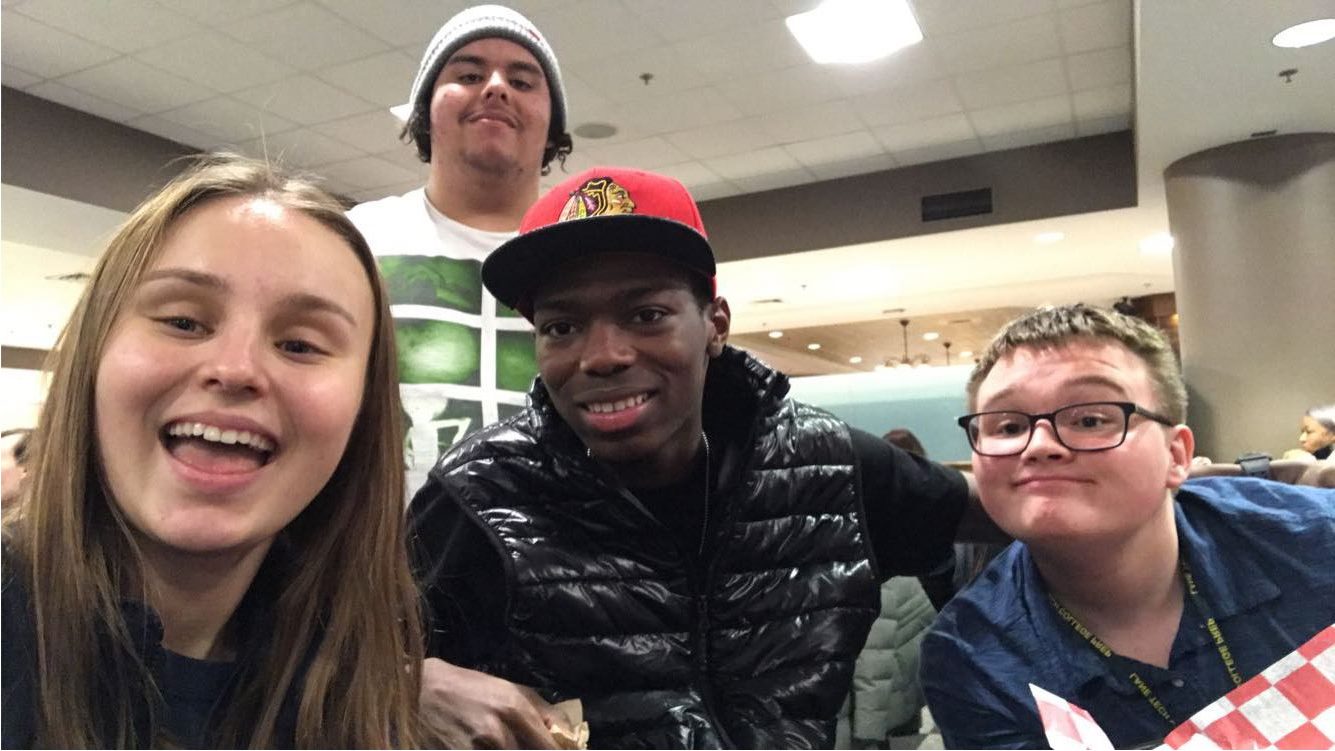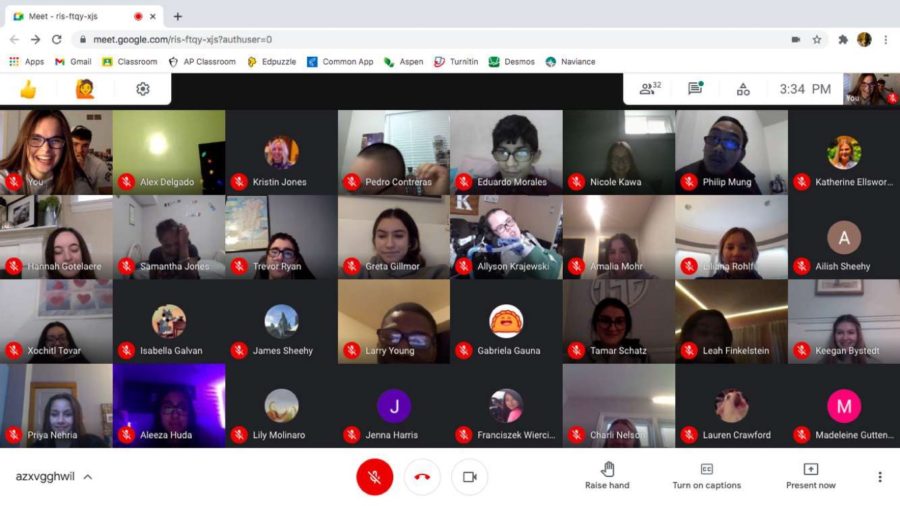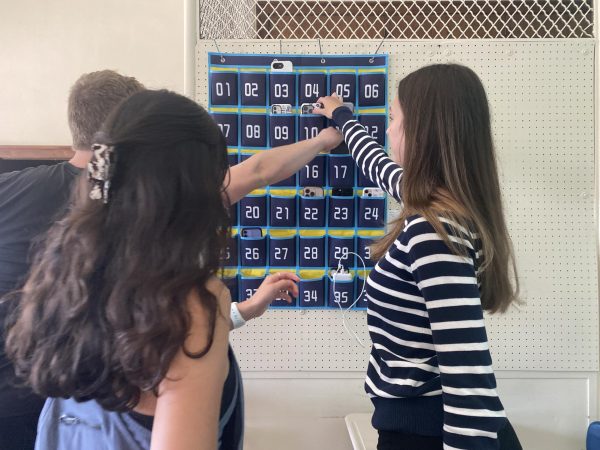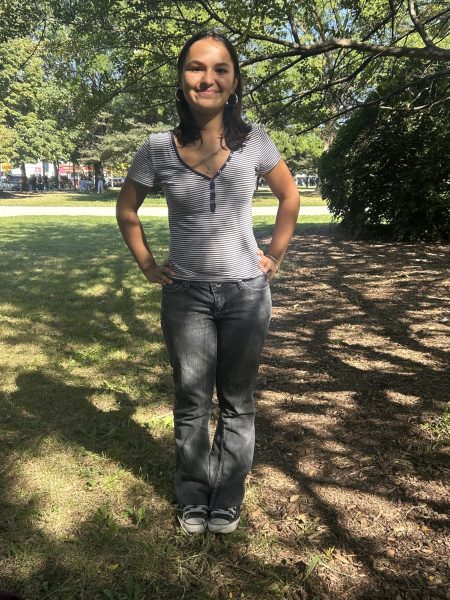The leaders, the buddies, and the unsung heros
As most students and teachers can attest, e-learning has been very challenging. This is especially true for Lane’s adaptive PE class.
The adaptive PE course is designed for students to make personal connections and help physically assist some of Lane’s special education students who are known as ‘the buddies.’ In past years, student leaders were able to help the buddies participate in physical workouts, especially those with limited mobility. Leaders were paired up with buddies based on similar interests, allowing organic friendships to grow.
Due to online learning, certain aspects of the way the class was run no longer apply. While students are able to use break out rooms for one-on-one connections, break out rooms are another roadblock for some of the buddies who need extra technology assistance.
Although the course has changed, the adaptive PE class teacher Mr. Bobek says he still wants the course to promote positive social interactions between the leaders and buddies.
“We still wanted to make it an experience where it is promoting social health and giving an opportunity for students to socialize and to get to know each other in a peer group,” said Bobek. “Because I no longer need them (the leaders) for the physical aspect, but I still want them to be there to support their peers, both mentally and emotionally, just to know that they have someone there for them.”
Although personal connections are harder to make online, the class begins with a daily social prompt students can use to check in with each other and get to know one another better.
“Honestly every day is just so positive, I love whenever we share about our days,” said Nicole Kawa, Div. 185, one of the PE leaders. “I love learning about what the students did that week because it’s just like then, we actually get more into the students’ personalities and what they enjoy.”
After the social prompt the class then goes into a physical activity, which usually consists of a warm up, a physical activity, and a cool down. All of the activities also have a modified version to ensure that everyone, regardless of ability, can participate.
Coming up with physical activities that are interesting and that translate over online learning is a whole other challenge.
“Of course we can do normal workouts, but it gets boring sometimes,” said Liza Herron, Div. 154, a PE leader for the class. “Getting all of the buddies, the leaders, and everyone in the classroom to participate when we’re leading lessons can be really hard virtually.”
Bobek and the leaders have come up with some creative ways to keep up the energy in the class, including Family Feud games and scavenger hunts.
While Bobek says that the program remains optimistic towards the tough situation e-learning has placed them in, he admits there are features of the program that cannot be translated over online learning.
“I think to be honest, a lot of the leaders and buddies missed out,” said Bobek, referring to this year of online learning. “I know it’s affected some individuals more than others. Without having that direct connection in person, you know, that’s a really big core component of the class.”
Bobek noted multiple times how the class prior to covid allowed for genuine friendships to form between the leaders and buddies.
“I still have buddies asking about former leaders who graduated two years ago,” said Bobek. “I have leaders that have come back just to visit their buddy.”

While some aspects of the class are missing, there are also new aspects that have been added.
Bobek calls them the unsung heroes; the parents helping their students from behind the screen.
Bobek commented on how inspirational it is to see the buddies’ parents being there for their students, helping them with exercises that, even with modifications in place, are challenging for some of their teenagers.
“I never got to see this before,” said Bobek. “I’m seeing them physically help them, like really getting under there, lifting their children when needed, being their rock.”
Your donations directly fund the Lane Tech student journalism program—covering essential costs like website hosting and technology not supported by our school or district. Your generosity empowers our student reporters to investigate, write, and publish impactful stories that matter to our school community.
This website is more than a publishing platform—it's an archive, a research tool, and a source of truth. Every dollar helps us preserve and grow this resource so future students can learn from and build on the work being done today.
Thank you for supporting the next generation of journalists at Lane Tech College Prep!




